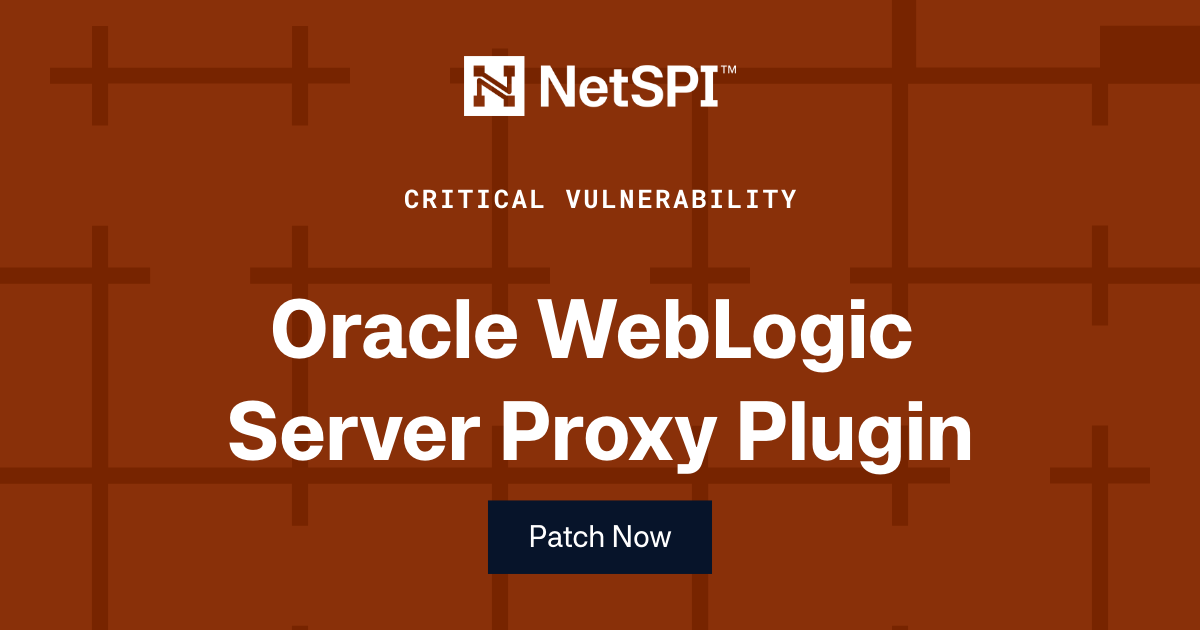PCI Compliance: Now a Finance Issue as Well

As an information security professional, my experience within the payment card security industry has taught me that credit card fraud is not just an information security or information technology issue, but increasingly also a financial one. In order to process payment cards, organizations must execute agreements with financial institutions (“acquirers”) that legally obligate them to put in place appropriate controls to protect the underlying data. In most organizations, it is the finance and accounting teams that are most familiar with the business processes involved with the acceptance, chargeback and settlement of credit card payment data. Therefore, it is very important that the CFO and finance teams be involved in any effort to construct a sound credit card security program or approach. Such a program should seek to both minimize the risk and the cost of compliance.?The payments community has learned that stolen credit card data is a valuable commodity among criminals; just ask the folks at TJX or Heartland Payment Systems, where breaches resulted in the exposure of credit card data for millions of people.
PCI DSS
The compliance requirements (and the fines for noncompliance) are starting to be pushed down from the credit card companies to financial institutions or acquirers who are, in turn, pushing down to their customers (“merchants” and or “service providers”), contractually requiring organizations to become PCI-compliant. Organizations that have one acceptance channel for credit cards (e.g., a POS or via the web) and use third-party software should self-assess via the Self Assessment Questionnaire (SAQ). Financial professionals should use the published prioritized approach from the PCI Security Standards Council (SSC) to address specific risk areas within their organizations regarding credit card data. Those organizations that have multiple acceptance channels (storefront, Point of Sale and/or via the web) and that store credit card data should involve a Qualified Security Assessor (QSA) if assistance is needed.
Upcoming dates for the standard
There are two important PCI-related dates that are fast approaching, which finance people should be aware of. July 2010 marks the date after which all merchants must use certified payment applications. A payment application is any application that accepts, transmits or processes credit card data. An example of a payment application is a card swipe machine at a grocery store or a pay at the pump application at a gas station. September 2010 involves the PCI DSS itself, which will have updates to the standard released that month. These updates will take effect in January 2011.
Explore More Blog Posts

Why Your Security Program Needs Domain Monitoring
NetSPI Domain Monitoring continuously discovers and assesses look-alike domains related to your organization, providing deep contextual intelligence including risk profiles, WHOIS records, IP details, DNS records, and certificate data. The NetSPI Platform streamlines response by allowing users to generate pre-filled takedown reports with all relevant evidence and technical details in a single click, enabling rapid action against high-risk domains.

Oracle WebLogic Server Proxy Plugin (CVE-2026-21962): Overview & Takeaways
CVE-2026-21962 allows an unauthenticated remote attacker to bypass security controls and potentially gain unauthorized access to backend WebLogic systems. Because these proxy plugins often sit in DMZ environments, the exposure is significant.

Rust’s Role in Embedded Security
Rust enhances memory safety in embedded systems, but rigorous security testing remains essential to address logic, hardware, and cryptographic vulnerabilities. Explore the benefits and key considerations of using Rust